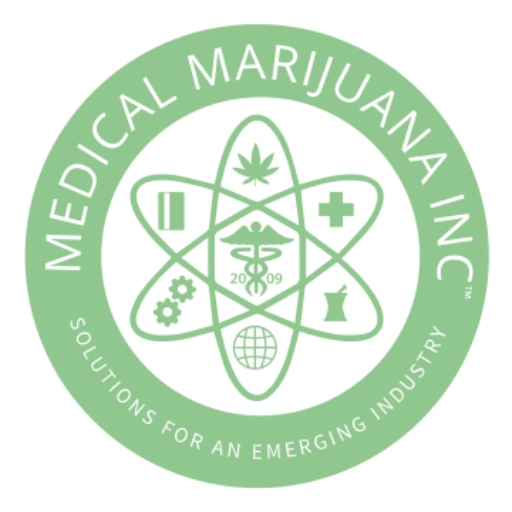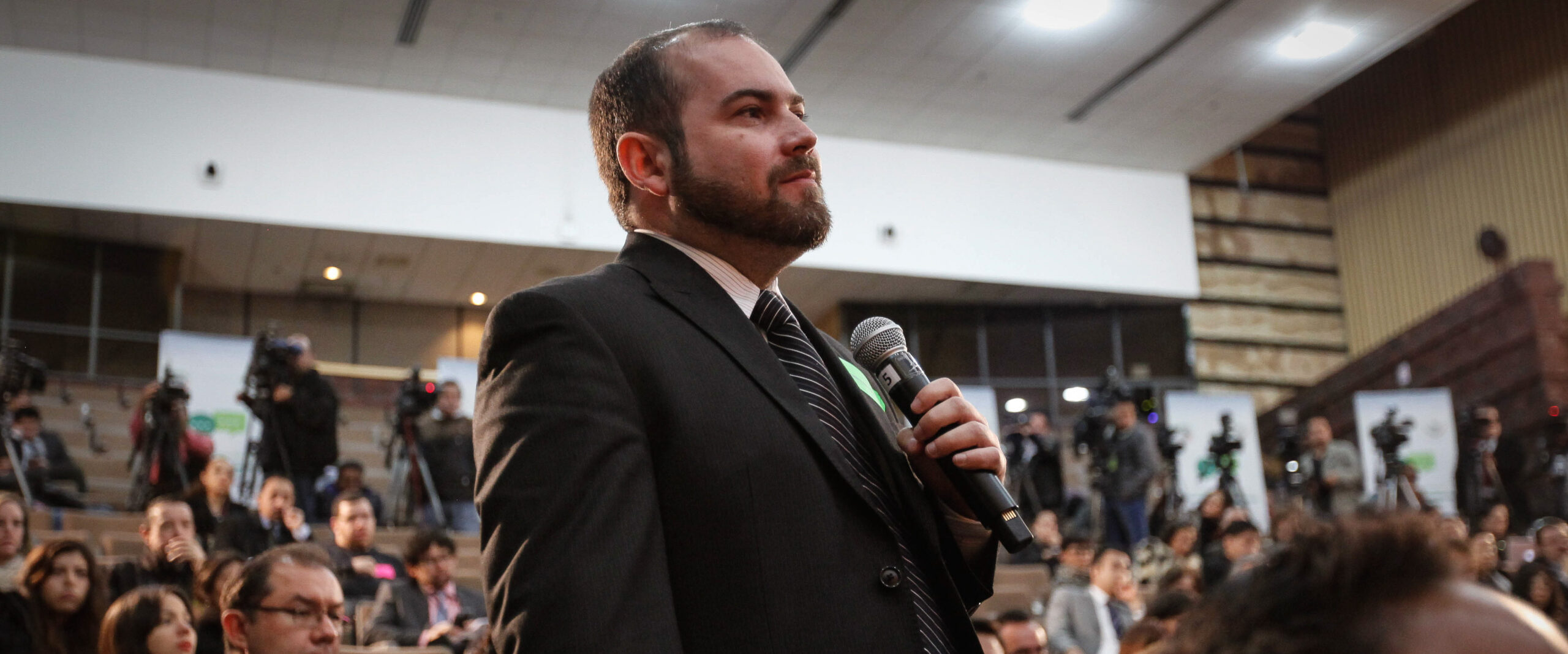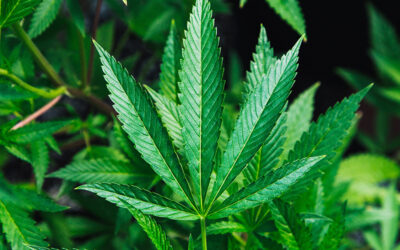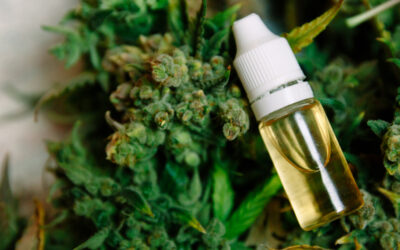The world’s policies on cannabidiol (CBD) could be reformed in a major way. Here’s what rescheduling the compound could mean for cannabis businesses and investors.
Cannabidiol (CBD) will take the international stage next week, as the World Health Organization (WHO) begins its examination into how the cannabinoid should be regulated. Beginning November 6, WHO will host the 5-day Thirty-Ninth meeting of the Expert Committee on Drug Dependence to reevaluate the international regulations of CBD and 15 other substances. Recommendations made regarding the international scheduling of CBD likely could influence the compound’s legal status around the world, opening new financial opportunities for cannabis entrepreneurs and investors.
Background of CBD’s International Drug Scheduling
WHO is responsible for evaluating the potentially dependence-producing and health-harming properties of psychoactive substances, including ones with medical applications, so the United Nations can best determine how they should be regulated on an international scale.
The WHO’s Expert Committee on Drug Dependence (ECDD), made up of a panel of 13 drug addiction and abuse experts, give recommendations on whether or not a substance should be placed under international control.
As of now, CBD is not listed explicitly as a controlled substance in the 1961 United Nations’ Single Convention on Narcotic Drugs or the 1971 Convention on Psychotropic Substances. However, the international body does list the cannabis plant and cannabis extracts as Schedule I, a category that accounts for therapeutic potential but is the most-restrictive. This has led to many countries within the intergovernmental organization to prohibiting all cannabis and its extracts, including CBD.
When the ECDD convenes in Geneva Switzerland on November 6, they will begin to work on recommendations to the UN Secretary-General on how CBD should be regarded and controlled internationally. The recommendations made by the committee would influence the legality of CBD worldwide, potentially generating immense business opportunities.

CBD’s Market Potential and What Rescheduling Would Mean for Investors
The legal and regulatory uncertainty that has enshrouded CBD worldwide could begin to come to an end if the ECDD recommends that the compound be classified as not psychoactive and that it be considered a supplement rather than a scheduled drug.
Such a recommendation would be a big boost to the market for the cannabis-derived compound, which despite the tangled legal web, has already “exploded in recent years” in the United States alone. The U.S. hemp-based CBD market generated $170 million in revenue in 2016, and is estimated to grow at a 55 percent compound annual growth rate to hit $1 billion by 2020. The nation’s entire CBD market – accounting for both hemp and marijuana derived products – had been projected to grow to a value of $2.1 billion by 2020.
The demand for CBD products extends beyond the U.S. market, as laws permitting access to CBD have passed in Uruguay, Brazil, and Puerto Rico in recent years. The CBD oil market in Mexico, a country that began permitting the import of CBD products in 2016, is predicted to be worth up to $12 billion annually.
A decision by the ECDD to recognize CBD as not psychoactive would allow the worldwide CBD market to grow by leaps and bounds by prompting CBD policy changes worldwide, expanding opportunities in the U.S. and opening new ones internationally. It would compel many countries whose cannabis policies prohibit all types of cannabis and the plant’s extracts to make CBD distinct, creating new markets where none had previously existed.
The UN clarifying CBD as not psychoactive would also help reinforce the cannabinoid’s reputation as a safe and well-tolerated product. This would further contribute to a more dramatic shift in social acceptance of CBD and more widespread acknowledgement of its natural health properties, leading to greater demand and more sales.
Medical Marijuana, Inc.’s Role
Medical Marijuana, Inc. is the United States’ first public company in the legal cannabis and industrial hemp markets, with leading CBD oil products. The Company’s diverse portfolio of CBD-focused subsidiaries and investment companies includes HempMeds® Mexico, the first company to have a medical cannabis product approved for import into Mexico.
HempMeds® Mexico representative Raul Elizalde, a world-renowned CBD advocate, has been invited to speak during the U.N. and WHO Organization Convention on Drug Scheduling session on November 6 and will educate organization leaders on CBD’s benefits and lack of psychoactivity.
In October 2015, Raul sued the Mexican government for the right to import CBD hemp oil for his daughter Grace, who is diagnosed with the rare but severe seizure disorder – Lennox-Gastaut syndrome. He went on to start the Por Grace Foundation to further access to CBD and spearheaded the grassroots movement that eventually led the legalization of medical cannabis in the country.
Raul intends to urge the committee to recognize CBD as not psychoactive and have the compound be considered a dietary supplement.
Keep Up With Developments
Medical Marijuana, Inc. will be following Raul throughout his trip to Geneva as he prepares to speak at the WHO. Learn more about the upcoming United Nations’ Meeting of the Expert Committee on Drug Dependence and Medical Marijuana, Inc.’s role HERE.






